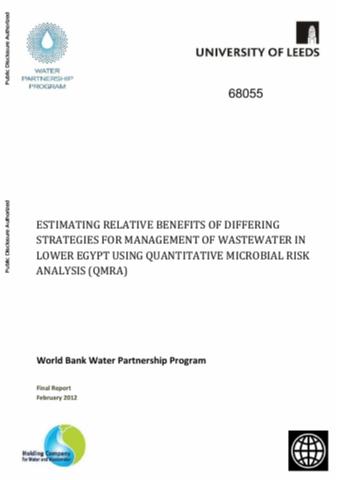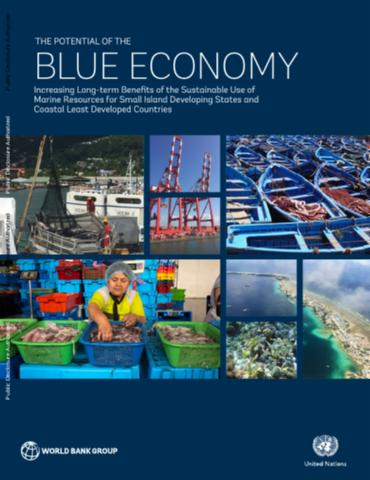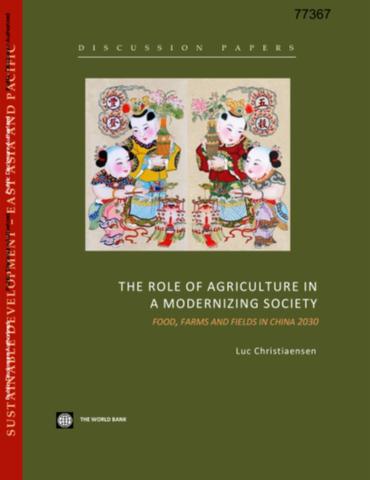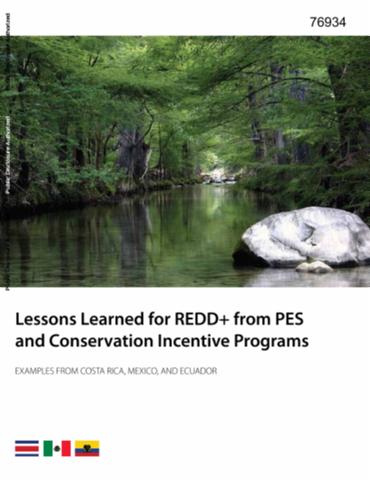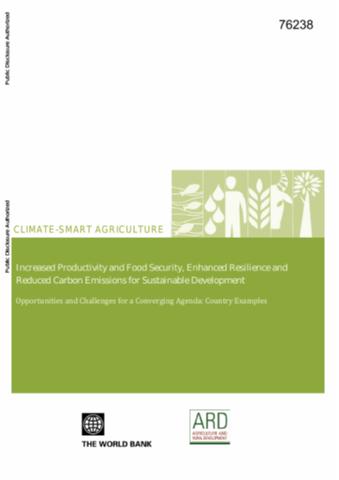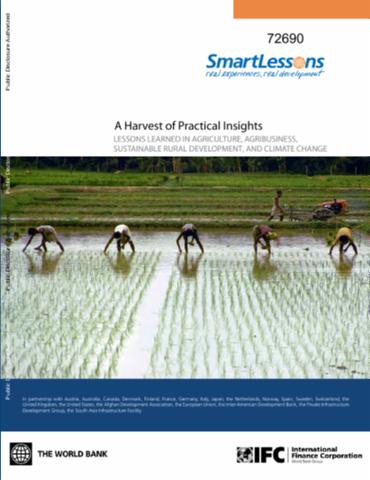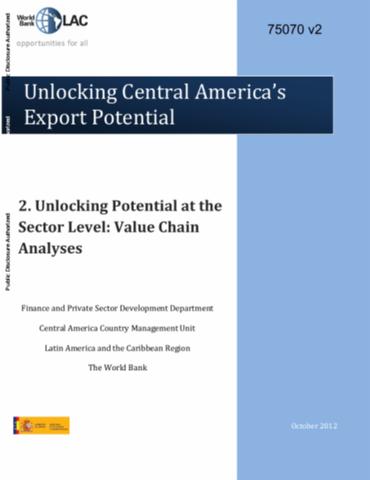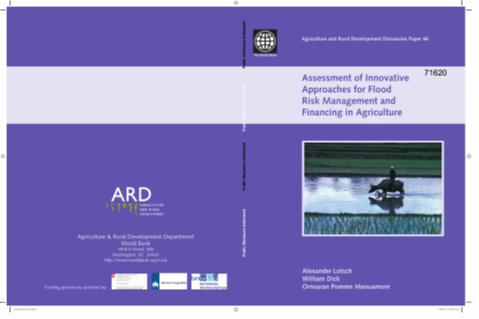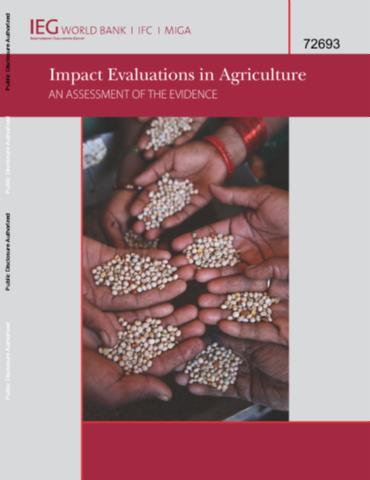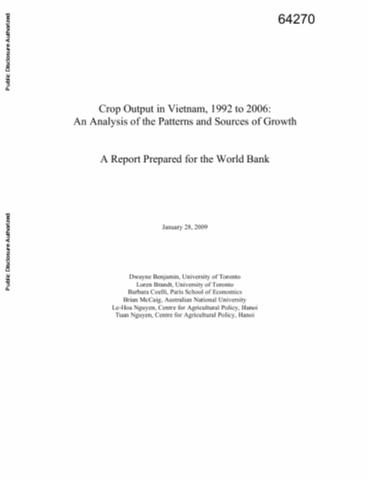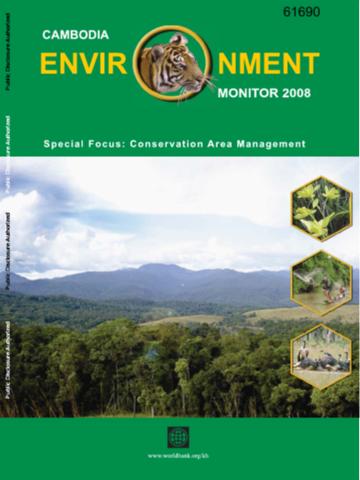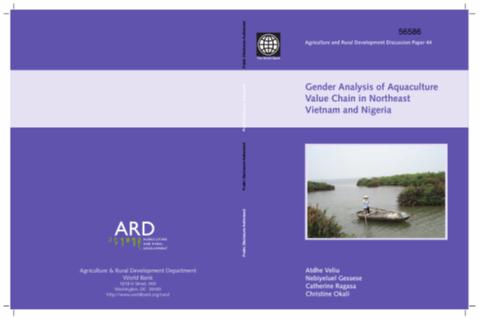Estimating Relative Benefits of Differing Strategies for Management of Wastewater in Lower Egypt Using Quantitative Microbial Risk Analysis
The report uses a theoretical model of a typical drainage basin, but the approach could be applied to many of the drainage basins managed by the holding company for water and wastewater in Egypt. This study set out to assess the relative health impacts of different wastewater management strategies on health in the Nile delta region using an approach similar to that used in the Ghana.

